The Rise of Greenwashing and Need for Defined ESG Standards
Greenwashing is intended “to make people believe that your company is doing more to protect the environment than it really is” – According to the Cambridge Dictionary. It is becoming ever more popular as ESG standards and reporting are at the forefront of many firms’ sights.
The introduction of the Guernsey Green Fund represents the island’s latest attempt to enhance its reputation for sustainability investment and build on the growing enthusiasm for sustainability in finance. With that, though, comes the inevitable risk of greenwashing. With that in mind, they are taking steps to counter it. Their case highlights one of the most common problems in a sector which is doing its best to “go green”. For all the activity around sustainability, the temptation to greenwash will always be there.
Trillions of dollars have flooded into ESG funds over the last few years, but until recently, regulators had been slow to take any real action to check these funds. The result is that incidents of greenwashing have been popping up more frequently.
Last year, for example, Deutsche Bank came under investigation after its former head of sustainability alleged its asset management arm, DWS, had misled investors over its sustainable investing criteria. DWS denies the claim. Regulators across Europe say they have uncovered multiple instances in which firms have been unable to back up their sustainability claims. In these cases, they have been asked to make changes or drop sustainability labels.
Lack of common ESG standards
Part of the reason why regulators have been slow to act has been the lack of a common definition of ESG standards and criterion. Sustainability remains a subjective term and can be open to interpretation. That leaves a considerable amount of wiggle room for any institution which might want to inflate their claims.
It also creates concerns for other companies who fear being accused of mis-selling. Aside from any regulatory concerns, they are worried about the reputational impact at a time when sustainability is becoming an increasingly important criteria for investors. For everyone, having a clearer framework, with defined ESG standards, will be helpful.
The fact that regulators have been taking action is a sign that things are moving. The International Organization of Securities Commissions (IOSCO) has also published recommendations to help its members spot firms who may be trying to fool investors. The FCA has said it plans to tackle greenwashing and will introduce closer regulation of firms providing ESG and sustainability ratings.
Tighter ESG regulation is on the way
Tighter regulation is coming, but the biggest challenge is providing measures of oversight in a sector which will inevitably be somewhat subjective. A fund which one person may consider to be sustainable might not satisfy another.
To avoid accusations of greenwashing then, firms need to be open and transparent about their criteria which brings us back to Guernsey and its new recommendations. Under the consultations on its Natural Capital Fund, it will create a new designation for funds which are committed to making “nature positive” investments. Two funding classes will provide Guernsey funds with a choice of complementary sustainability designations based on international standards.
These measurements should give investors, regulators and the funds themselves the reassurance they need that they are walking on the right side of the sustainability equation and avoiding unwanted scrutiny from regulators.
If your business needs support keeping up to date with all new and changing ESG regulations, Waymark can help. Get in touch here to request information or book a demo.

